On December 24 1968 saw the taking of a never before seen photo. Titled “Earthrise” the photo shows the Earth from outer space. It was the first time regular people had ever seen our planet as a whole. It has been described as “the most influential environmental photograph ever taken”.
In 1962, Rachel Carson’s Silent Spring covered the adverse effects of pesticides and it gave momentum to a movement that eventually saw through the 1970s a raft of environmental laws passed in the USA. The Clean Water Act, Endangered Species Act, Safe Drinking Water Act, the Toxic Substances Control Act, and more. These were in response to a growing awareness of the damage being done to the planet. In later decades some were rolled back, others strengthened. The understanding though, that if you pour crap into the river you (or others) might get sick, was here to stay.
Earthrise. Photo: Bill Anders, Public domain, via Wikimedia Commons
These laws came into being because the polluters were unwilling to regulate themselves. Indeed to this day rare is the week there isn’t a news story of some company doing something dastardly to the planet. It is after all, cheaper to throw your waste into the river, pump it into the atmosphere or bury it in another’s backyard. Bad for the planet no doubt, but oh so good for the bottom line.
Looking for a lighter read? Here is a great collection of new travel titles!
The tourism industry portrays itself as a “force for good”. As one of the largest employers on the planet, it creates jobs, in turn lifting people out of poverty. It aids cross-cultural understanding. It helps people escape their day to day lives, to recharge, relax, and remain sane.
Sorting out some cross-cultural understanding at Gunung Sikunir, Dieng Plateau, Indonesia.
When Carson’s book came out, the chemical industry in the US went completely feral. One of her most vocal critics said “If man were to follow the teachings of Miss Carson, we would return to the Dark Ages, and the insects and vermin would once again inherit the earth.”
Heady stuff.
This critic was mischaracterising what Carson was suggesting. She wasn’t advocating for elimination, rather for chemicals responsible and managed use. DDT was eventually banned.
Ideally, we don’t want the whole planet looking like this. Kawah Sikidang, Dieng, Indonesia.
The quote by the chemical dude brings Bali and a few other places to mind. Not so much for chemicals and pollution, but with regard to tourism. A common response to this era of Covid has been that places need to reopen so tourism could “save” destinations. No doubt the economic hardship brought on by Covid, while uneven, has been severe for many.
Much like the farmers spraying their crops with DDT though, some countries are over-reliant on tourism. It brings with it truckloads of jobs that often need few skills or training and as such is a handy poverty alleviation tool. It doesn’t though address why poverty is there in the first place—if anything, tourism often exploits it (old story, but a good one). As one of the interviewees in this interesting video says when asked why do they come to Bali, “It’s cheap”.
Tourists are a mixed crowd, and destinations need to drive the tourist bus better.
As I mentioned above, tourism brings with it many benefits. It isn’t an all-good package though, and its wrapping is increasingly having questions asked about it. There are the obvious environmental repercussions of getting on a plane, that’s the clanger. It is far from the only one though. A simple example is the beach bar I’m writing this in, it is illegal—it shouldn’t be here. Nor, for that matter, should the 200+ room five-star hotel down the sand.
There’s plenty written on tourism’s social costs, from exploitation to bad behaviour. Yes, plenty of money comes in, but, in the video above, Head Chief of Badung Recency, I Made Badra, notes (at 9:28), only 40% actually stays in Indonesia. The other 60% sloshes straight back offshore. Or never comes in in the first place. That isn’t a great result, and it makes the costs all the costlier.
Backpackers come in all shapes and sizes, Bukit Sikunir, Dieng, Indonesia. Photo: Stuart McDonald
I read a paper the other day, about sustainable travel and backpackers. While the research was undertaken in Australia, the results would hold elsewhere. It found that backpackers do practice sustainable travel, but they do so by accident. In trying to save money, they share accommodation, eat local fare, and travel overland. These qualify as sustainable practices. Even if they’re doing these things by accident, the end result is still good.
As I’ve written before, Covid delivered a once in a lifetime opportunity to rethink behaviour. Not just for the industry, but tourists as well. On the corporate side not all are foot-dragging—see Intrepid and Patagonia for example. In the scheme of things though, they are but a drop in the ocean. I’m sure back when DDT was all the rage, there were some farmers who didn’t use it. It took the government to step in, to force compliance.
Look at the airlines—I’ve written before about some approaches with this mob. They’re the great environmental vandals of the tourism industry, yet can’t wait to get back to 2019’s madness. My wish-list has the 2020s being to the tourism industry as the 1970s were to the chemical industry. If they won’t reform, legislate their bad behaviour out of existence.
Fewer tourists like this dude please, Kawah Sikidang, Dieng, Indonesia. Photo: Sally Arnold.
While I’m at it, another off my wish-list. The media would do well to stop treating the tourism industry with the touchy-feely gloves it does today. Write about them like they’re the coal industry, please.
There is a need for what I’m calling a Great Adjustment. Destinations need to consider where they are heading in the long term. Thailand’s Andaman Coast is looking at a shoreline retreat of 24 to 38 metres by 2080. Sixty years sounds like a long time, but it isn’t, and to avoid what is looking inevitable, work needs to start. Yesterday.
Avoid these two as well. Photo: Sally Arnold.
This isn’t an argument for targeting big spenders (see “Quality Tourists” blah blah). Rather it is a call for targeting visitors who will minimise the “costs” side of the tourism calculus. By and large, these people are not the big spenders.
I’d suggest if there’s one tourist group already doing this by accident, then start with them.
Couchfish is 100 per cent independent and reader-supported. If you’re not already a subscriber, and you’d like to show your support, become a paying subscriber today for just US$7 per month—you can find out more about Couchfish here—or simply share this story with a friend.
Don’t forget, you can find the free podcasts on Apple, Pocket Casts and Spotify as well as right here on Couchfish.

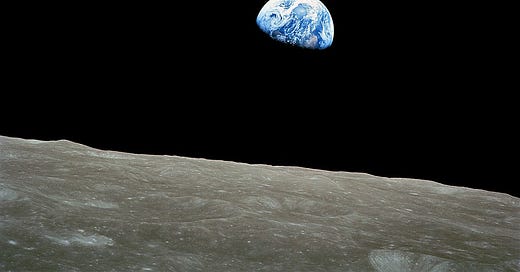






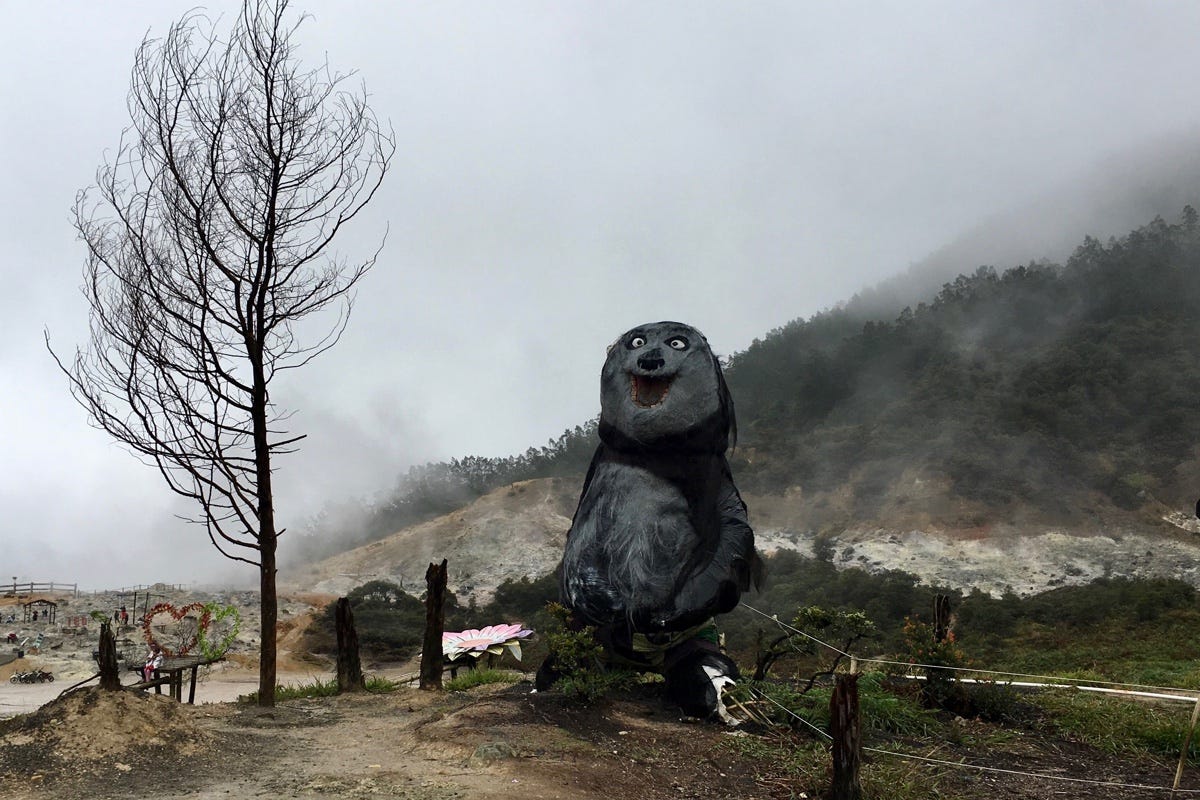
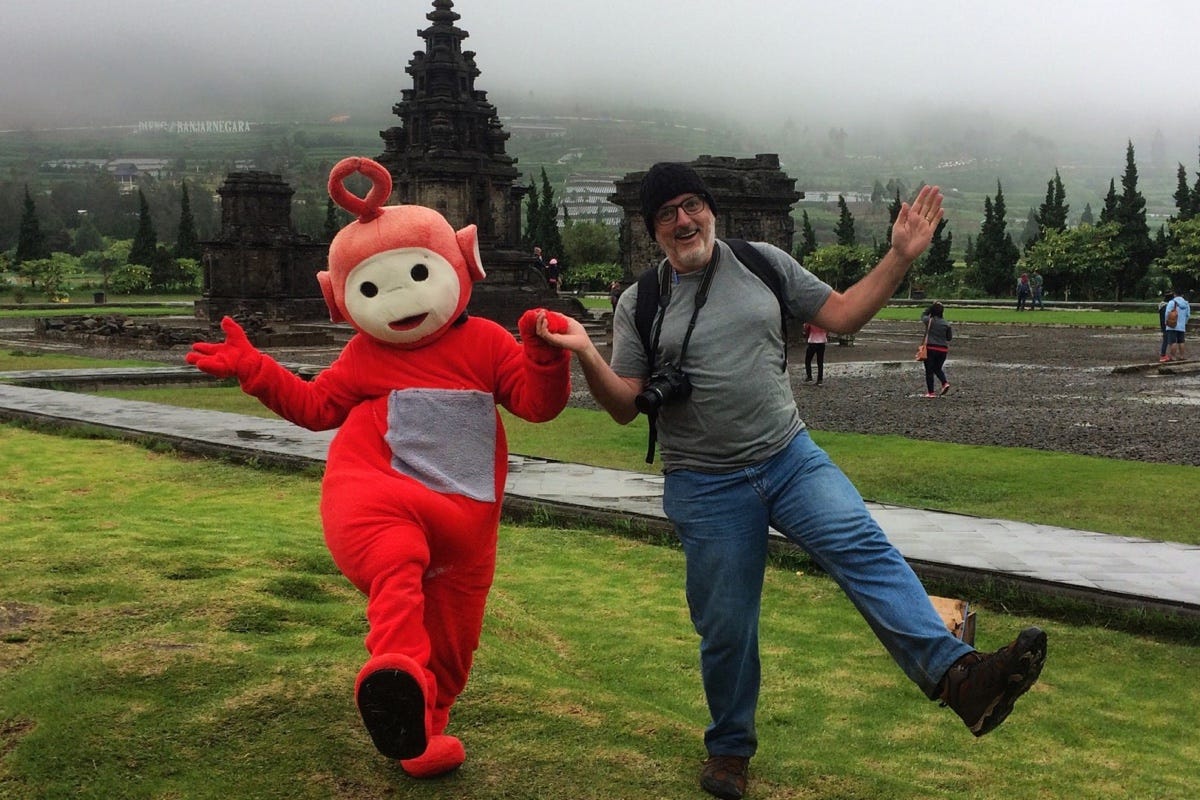




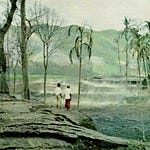

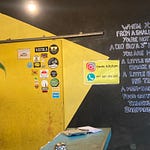


Share this post